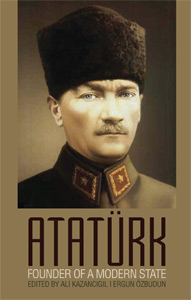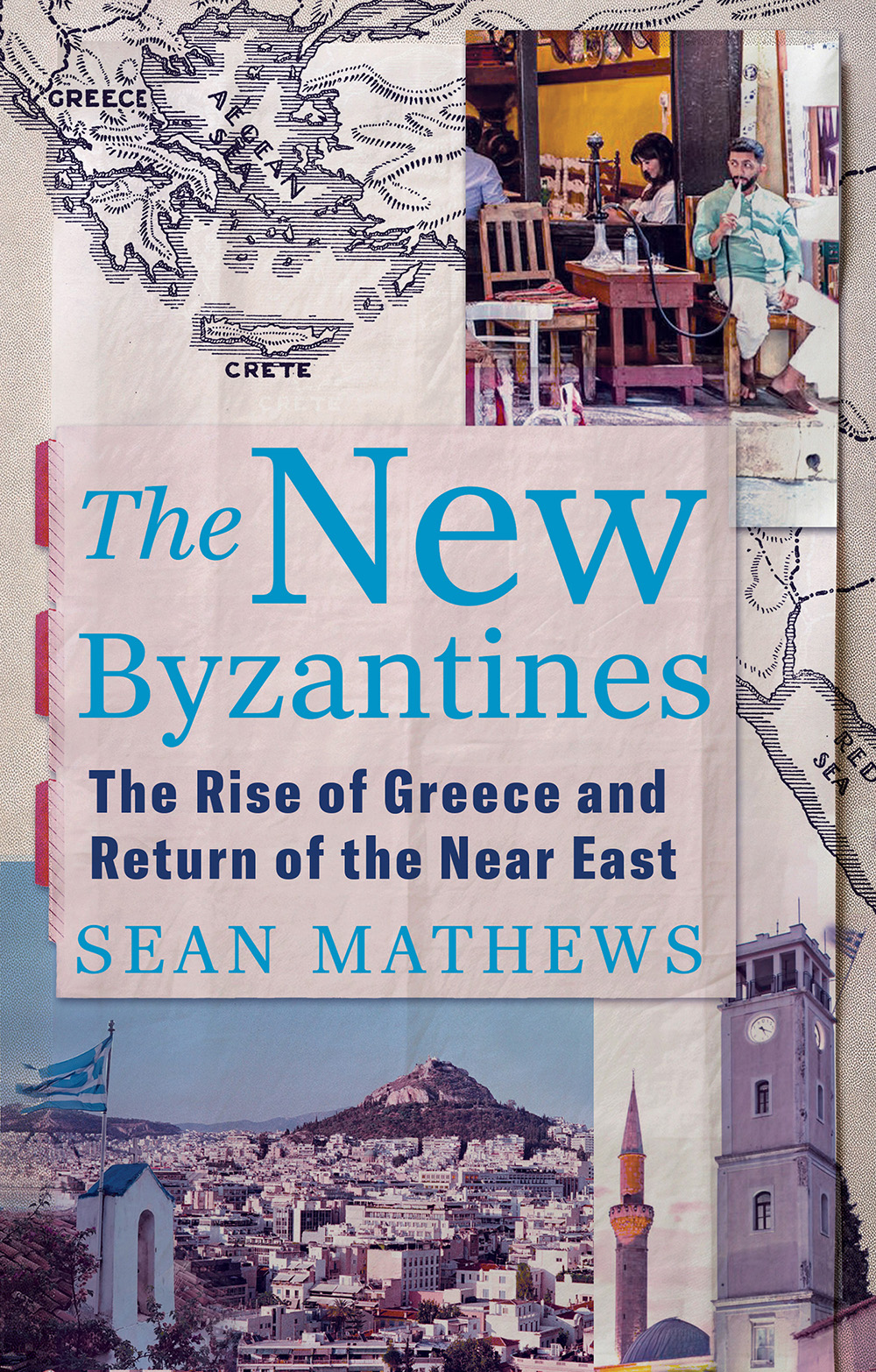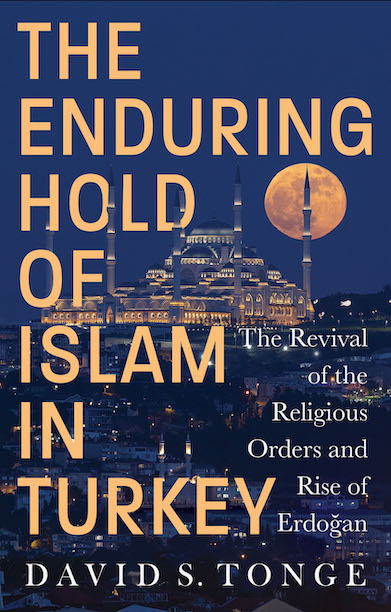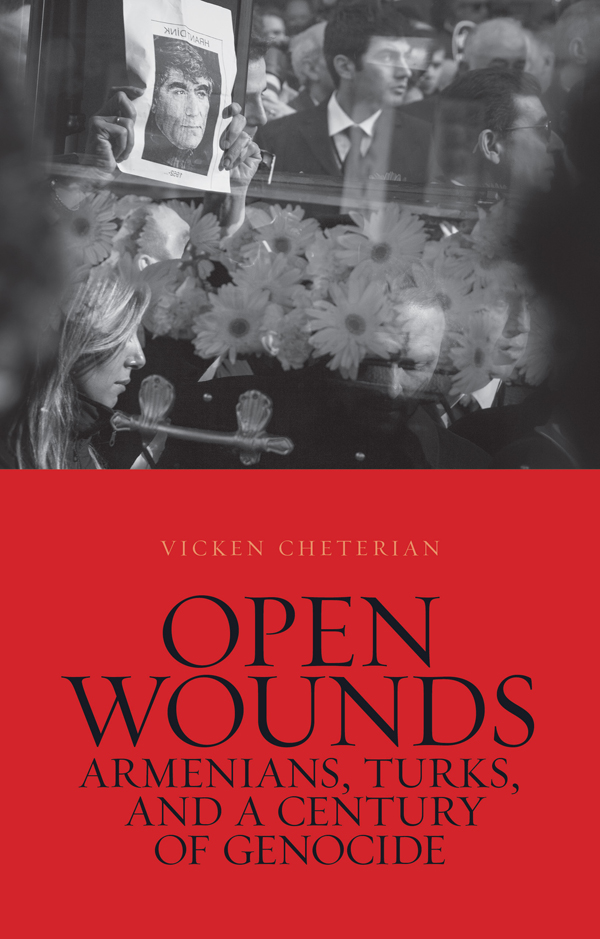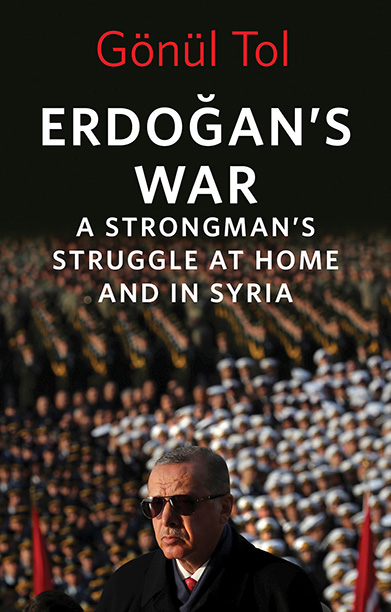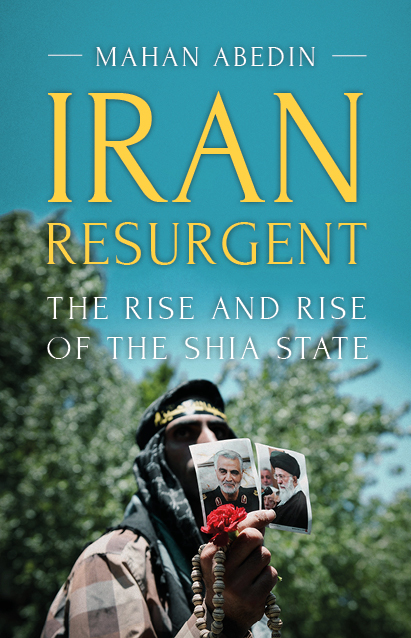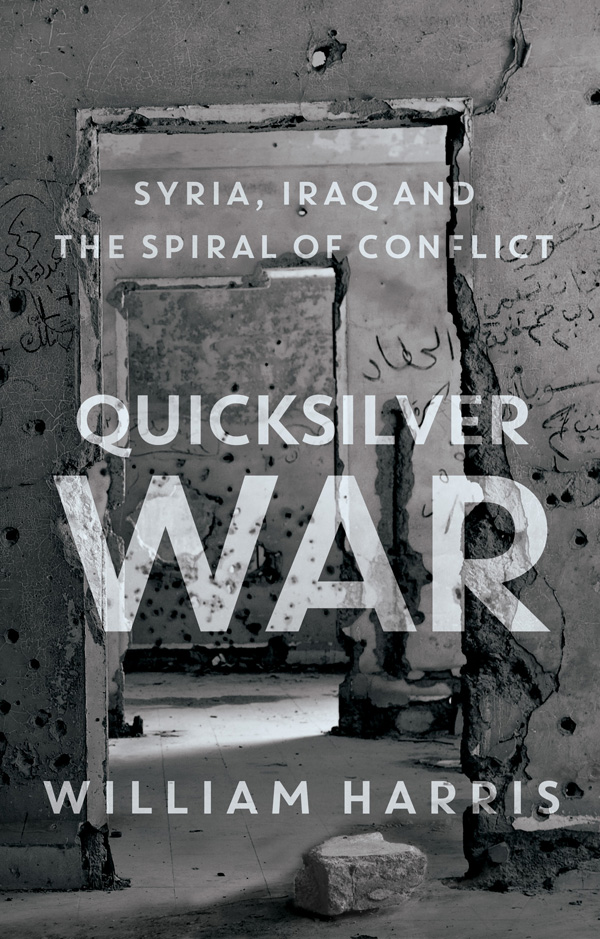Description
Like all great men in history, Mustafa Kemal Atatürk (1881-1938) can be viewed in a number of ways: as the founder of a state, a nation-builder, creator of political institutions, a moderniser of his society, an extraordinarily capable political leader, a successful military commander, an educator of his nation, one of the first successful anti-imperialist leaders of the developing world, a statesman who deeply believed in and contributed to world peace.
In this volume Atatürk’s role as the founder of a modern state, secular and republican, is emphasised: the creation of a modern state was a pre-requisite for the modernisation of society and economy, and Atatürk’s policy of friendship with all nations enabled him to concentrate on his great task of building and consolidating the new Turkish state.
Also, it was the intention of the editors to bring out the universal significance of the Kemalist experience and to examine the enduring lessons which other modernising societies can learn from it.
Close attention is given to the historical setting from which the Kemalist republic emerged – and the elements of continuity and change between the late Ottoman Empire, particularly in the Young Turk era (1908-18), and the Kemalist republic. Such a historical perspective is specially useful since in works on great historical figures the unique personality traits often overshadow the societal factors.
One of the distinguishing features of the Kemalist revolution in the Islamic world is the emphasis on secularism: Turkey remains today the only Islamic country where it is one of the basic constitutional principles, and the legal system is completely secularised.
Atatürk died in the prime of life, but he remains one of the towering figures of the twentieth century and exceptionally among the political leaders of the interwar years, his reputation has not suffered with the passing of time.
Editor(s)
Political scientist, scholar and correspondent for Le Monde in Ankara (1967-1971), Ali Kazancigil has lived in France since 1972. He has worked at UNESCO (1972-2002), where he directed Social Sciences. He was Secretary General of the International Social Science Council (2003-2006). His research in comparative politics and historical sociology focus on the state, governance, as well as Turkish modernity, including democratization and secularization.
Ergun Özbudun completed his undergraduate degree and doctorate in the Faculty of Law, Ankara University. He has been a faculty member at Bilkent University since 1994 where he teaches constitutional law courses, and holds a part-time position at City University of Istanbul.
